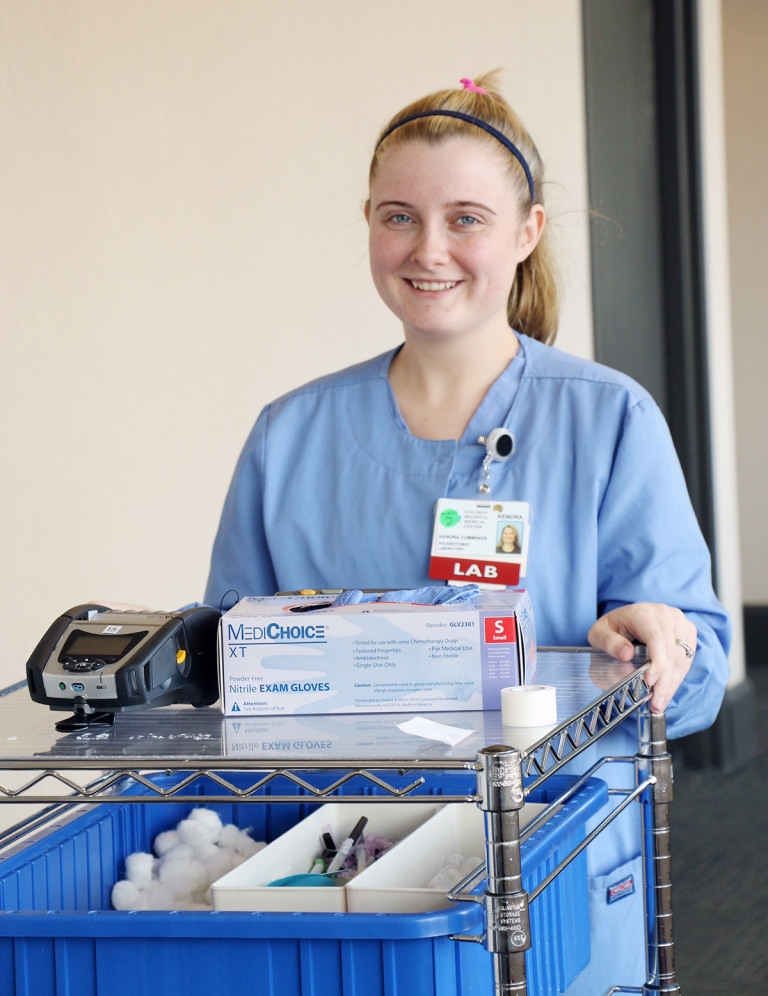Phlebotomist Salary Insights: How Much Do They Really make?
Phlebotomists play a crucial role in the healthcare system by drawing blood, handling specimens, and ensuring that patients receive the highest level of care during what can frequently enough be a stressful experience. But how much do these healthcare professionals actually earn? In this article, we will explore phlebotomist salary insights, the factors influencing their earnings, and provide valuable tips for those considering a career in this field.
Understanding Phlebotomist Salaries
Many individuals interested in pursuing a career as a phlebotomist frequently enough wonder about the salary potential in this field. Salary can vary considerably based on several factors:
- Geographic Location: Salaries can differ from state to state and even city to city.
- Experience Level: Entry-level positions typically pay less than those requiring extensive experience.
- Work environment: Phlebotomists can work in hospitals, clinics, laboratories, or blood donation centers, each offering different pay scales.
- Education and Certification: Higher education levels and certifications can impact salary significantly.
Average Phlebotomist Salaries by State
To give you a clearer picture, here’s a table showcasing average phlebotomist salaries across various states in the U.S.:
| State | Average Salary |
|---|---|
| California | $47,000 |
| Texas | $41,000 |
| New York | $51,000 |
| Florida | $39,000 |
| Illinois | $45,000 |
Job Outlook and Growth Potential
The job outlook for phlebotomists is promising. The Bureau of Labor Statistics predicts a growth rate of 10% from 2021 to 2031, which is faster than the average for all occupations. This growth is driven by the increasing number of healthcare facilities and the continuous need for blood and laboratory services.
Factors impacting Phlebotomist Salaries
1. Geographic Location
As seen in the salary table above, locations with a higher cost of living or greater demand for healthcare professionals tend to offer higher salaries.
2. Experience and Credentials
Phlebotomists with years of experience or those who hold advanced certifications, such as from the American Society of Phlebotomy Technicians (ASPT) or the National Phlebotomy Association (NPA), can expect to earn more.
3. Setting of Employment
Working in metropolitan hospitals can offer higher pay compared to rural clinics or small laboratories. Additionally, specialties such as working with pediatrics or in oncology might offer higher pay ranges.
benefits and Practical Tips for Aspiring Phlebotomists
In addition to salary, there are numerous benefits to becoming a phlebotomist:
- Job Satisfaction: Helping patients and being part of the healthcare team can be very rewarding.
- Flexible Hours: Many positions offer part-time or flexible hours.
- career Advancement: Opportunities for progression into supervisory or specialized roles exist in the healthcare field.
tips for Maximizing Salary
- Get Certified: Pursuing certification can significantly boost job prospects and salary.
- Stay Updated: Continual education in new technologies and techniques can make you more valuable.
- Negotiate Your Salary: Don’t be afraid to discuss compensation, especially if you have valuable experience or certifications.
Case Studies: Phlebotomists Share Their Experiences
Case Study 1: Mary from California
Mary has been a phlebotomist for five years and works in a busy urban hospital. She started earning $38,000 and is now making $52,000 after gaining experience and additional certifications.
Case study 2: John from Texas
John moved from a small clinic to a large laboratory and reported a salary increase from $39,000 to $45,000 just by changing environments and gaining new skills.
Conclusion
The salary of a phlebotomist can vary significantly based on several factors, including location, experience, and work environment. As the demand for skilled phlebotomists grows, those interested in this rewarding field can see not just financial benefits, but also job satisfaction and career growth. If you’re considering a career in phlebotomy, investing in education and certification can be your key to maximizing your salary and enhancing your career satisfaction.
